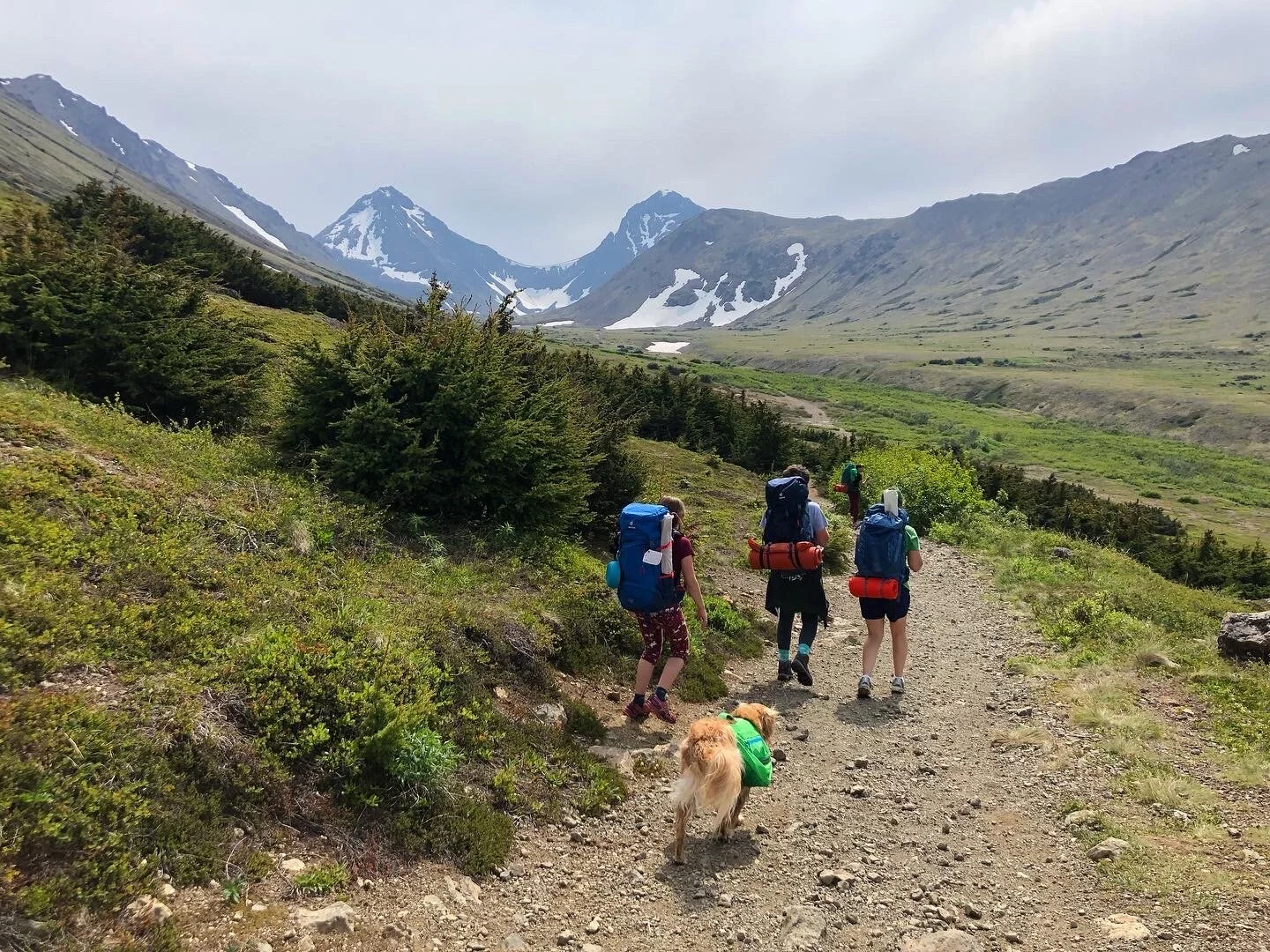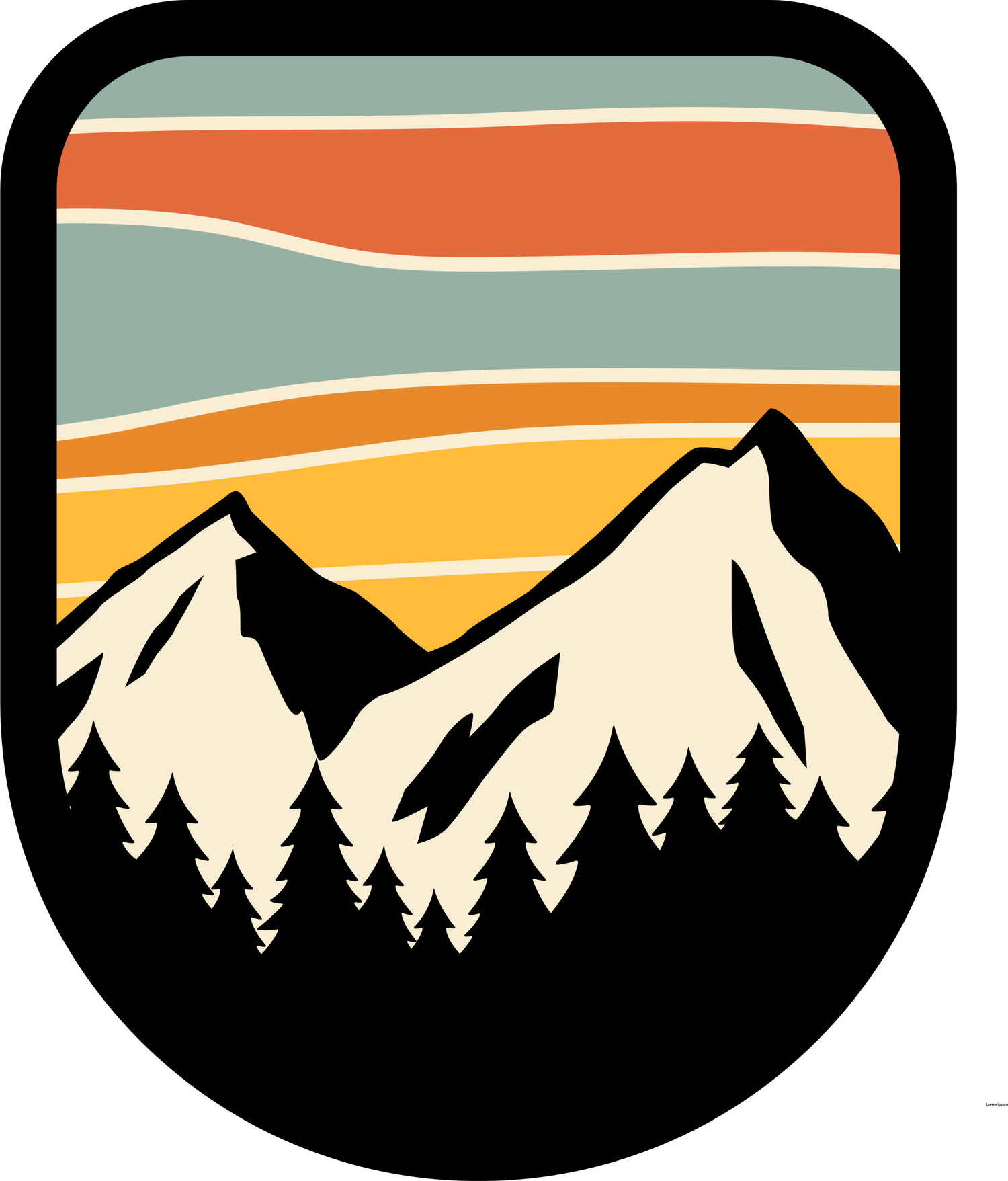
Coming Soon:
DIY Alaska Science Courses
Alaska-Based Science.
Portage Pass: Glacial Geology Field trip
Geology
There is no better place to learn and study geology than in Alaska. The Alaska-centered course includes:
Geology field methods
Nature Journaling
Topographic Maps
Geologic Time
Plate Tectonics
Mountain Building
Earthquakes
Volcanoes
Glacial Geology
Weathering & Erosion
Alaska’s Geologic History
Course includes field trip guides for the following locations:
Summit of Flattop
Rabbit Lake
Kincaid Sand Dunes
Portage Pass to Portage Lake
Crow Pass
Williwaw Lakes
Eagle & Symphony Lakes
Bodenburg Butte
Knik Glacier & Lake George National Natural Landmark
1964 Earthquake Tour
Whittier: Tsunami Risks
Resurrection Bay
To conclude, a list of potential final projects on the geologic history of Alaska, current issues pertaining to Alaska geology, and deep dives into topics of interest.
Tonsina Point: Ecology Field Trip
Environmental Science
Environmental science and climate change are relevant to life in Alaska. Topics for this semester-long course include:
Keeping a field journal
Nature Journaling
Elements of Ecosystems
Relationships within Ecosystems
Alaska’s Biomes
Natural Resources
Climate Change in Alaska
Course includes field trip guides for the following locations:
Rabbit Lake
Glen Alps
Kincaid Park
Eagle River Nature Center
Arctic Valley
Potters Marsh
Anchorage Coastal Wildlife Refuge
Knik Glacier & Lake George National Natural Landmark
Byron Glacier Trail (Portage Valley)
Tonsina Point & Caines Head Trail (Seward)
In addition to reading, writing, nature journaling, and art exercises, there will be a variety of application projects. These include establishing a compost system at home, starting an organic garden, or getting involved in Alaska Youth for Environmental Action.
The final project will be to design a solution to a wicked problem. A wicked problem is defined as an issue that his highly resistant to resolution as it is difficult to clearly define, socially complex, and expand beyond the responsibility of any one organization. Examples of wicked problems include climate change, the growing disconnect between children and nature, energy use, food systems, biodiversity collapse, water quality issues, and pollution.



